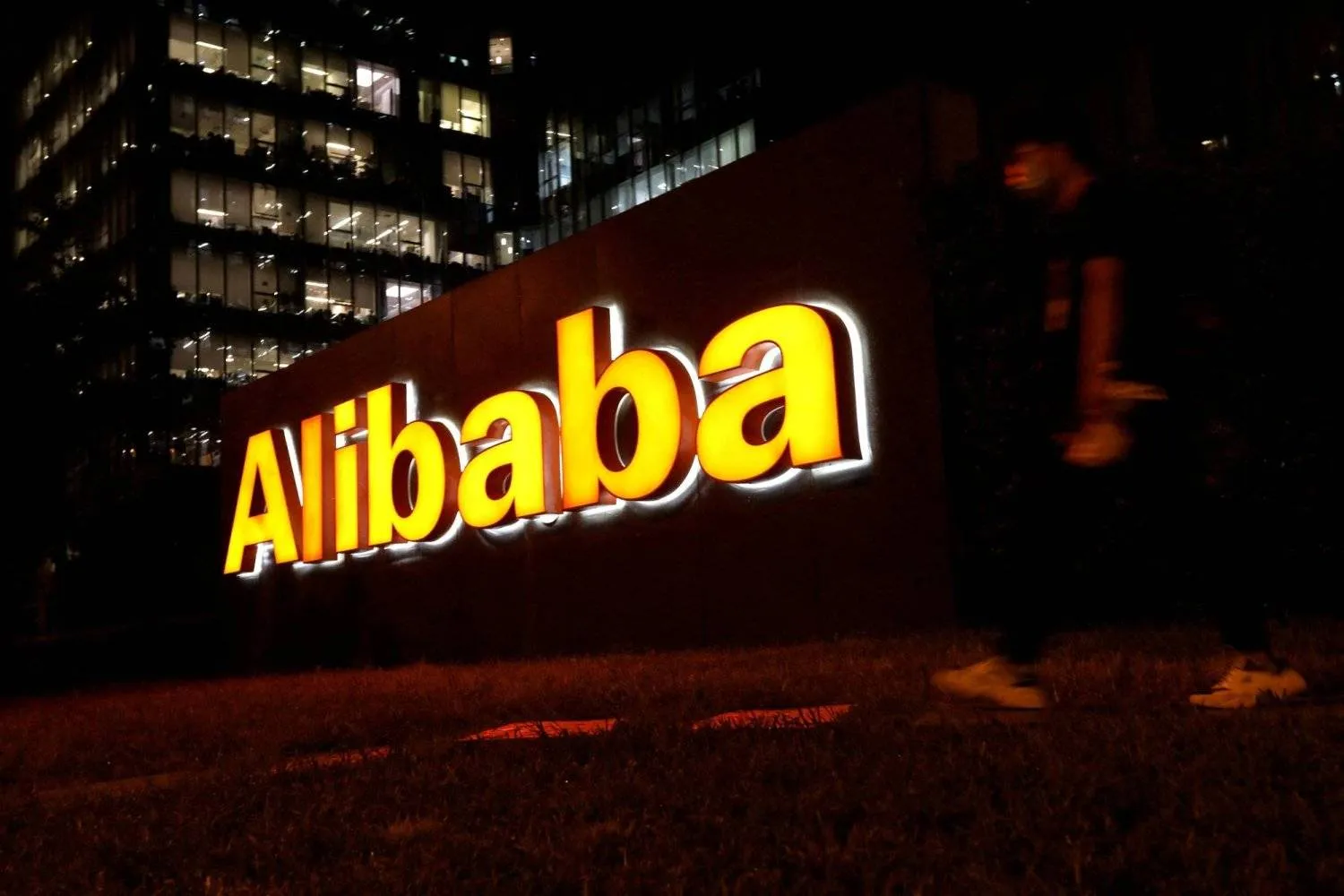Saudi Arabia will roll out real estate market indicators in the first quarter of this year and expand the Real Estate Market Balance program to all regions of the Kingdom, following its initial implementation in Riyadh, Minister of Municipalities and Housing Majed Al-Hogail announced on Monday.
Al-Hogail, who also chairs the General Real Estate Authority, made the remarks during a government press conference in Riyadh attended by Minister of Media Salman Al-Dossary, President of the Saudi Data and Artificial Intelligence Authority (SDAIA) Abdullah Alghamdi, and other senior officials.
Al-Hogail said the housing and social ecosystem now includes more than 313 non-profit organizations supported by over 345,000 volunteers working alongside the public and private sectors.
He highlighted tangible outcomes, including housing assistance for 106,000 social security beneficiaries and the prevention of housing loss in 200,000 cases.
Development Initiatives
He noted that the non-profit sector is driving impact through more than 300 development initiatives and over 1,000 services, while empowering 100 non-profit entities and activating supervisory units across 17 municipalities.
Among key programs, Al-Hogail highlighted the Rental Support Program, which assisted more than 6,600 families last year, expanding the reach of housing aid.
He also traced the growth of the “Jood Eskan” initiative, which began by supporting 100 families and has since evolved into a nationwide program that has provided homes to more than 50,000 families across the Kingdom.
Since its launch, the initiative has attracted more than 4.5 million donors, with total contributions exceeding SAR 5 billion ($1.3 billion) since 2021.
Al-Hogail added that the introduction of electronic signatures has reduced the homeownership process from 14 days to just two.
In 2025 alone, more than 150,000 digital transactions were completed, and the needs of over 400,000 beneficiary families were assessed through integrated national databases. A mobile application for “Jood Eskan” is currently being deployed to further streamline services.
International Support and Economic Growth
Minister of Media Salman Al-Dossary said the Saudi Program for the Development and Reconstruction of Yemen launched 28 new development projects and initiatives worth SAR 1.9 billion ($506.6 million), including fuel grants for power generation and support for health, energy, education, and transport sectors across Yemeni governorates.
He also reported strong growth in the communications and information technology sector, which created more than 406,000 jobs by the end of 2025, up from 250,000 in 2018, an 80 percent cumulative increase. The sector’s market size reached nearly SAR 190 billion ($50.6 billion) in 2025.
Industry, Localization, and Philanthropy
In the industrial sector, investments exceeded SAR 9 billion ($2.4 billion), alongside five new renewable energy projects signed under the sixth phase of the National Renewable Energy Program.
Industrial and logistics investments worth more than SAR 8.8 billion ($2.34 billion) were also signed by the Saudi Authority for Industrial Cities and Technology Zones.
Al-Dossary said the Kingdom now hosts nearly 30,000 operating industrial facilities with total investments of about SAR 1.2 trillion ($320 billion), while the Saudi Export-Import Bank has provided SAR 115 billion ($30.6 billion) in credit facilities since its establishment.
On workforce development, nearly 100,000 social security beneficiaries were empowered through employment, training, and productive projects by late 2025, with localization rates in several specialized professions reaching as high as 70 percent.
Alghamdi said total donations through the “Ehsan” platform have reached SAR 14 billion ($3.7 billion) across 330 million transactions, reflecting the rapid growth of digital philanthropy in the Kingdom.










